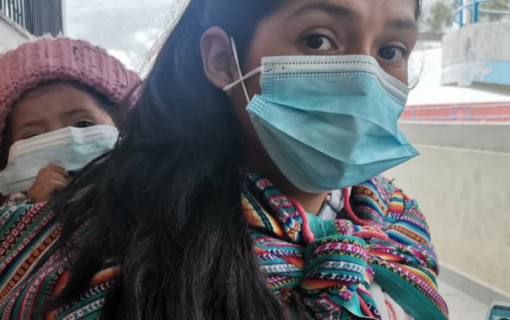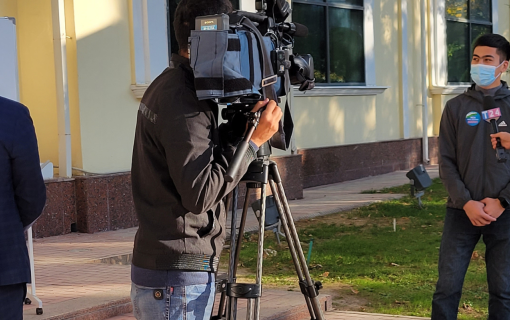Analysis of the Amendments to the law on Elections to the Oily Majlis: Suggested Topics for the Election Law Roundtable (1998)
INTRODUCTION
As was noted in an IFES Analysis of the existing Uzbek election law ("Election to the Oliy Majlis: A Technical Review of Law and Procedure," by Linda Edgeworth, dated January 1997, hereafter "The IFES Analysis"), the existing election law provides a minimalist but workable framework for the conduct of elections. The IFES Analysis also concluded that while the basic text of that law itself may be adequate, significant problems had been observed in the implementation of that law which called into question whether elections could be considered free and fair. Ms. Edgeworth observed that the law "lacks sufficient procedural detail to ensure uniform and equal application and consistent interpretation," (Page 2), and suggested many changes to the law.
Most problems observed in elections conducted under the existing law were not "legal" in nature, and it could not be said that the conduct of the elections violated the letter of the law. The majority of the problems were administrative in nature, with one result being that very few candidates actually received permission to participate in the elections.
There are two possible ways to address these problems. One way is to revise the election law by adding a substantial amount of explanatory language ("procedural detail") to make it clear what it means in practice to administer elections in an open manner. Another method is to issue extensive administrative regulations which explain how the law is to be interpreted, and if the regulations are read along with the basic text of the law, the combined text gives a complete set of detailed directives to election officials, candidates and voters. However, no amount of words in a law or in regulations can substitute for a genuine desire on the part of the Uzbek government and election officials to have elections which are free, fair and permit a broad spectrum of political parties and candidates to participate in the process. This commitment to the process is the only guarantee that elections will be meaningful.
The current proposed amendments to the election law make a few important changes which will help to open the electoral process to wider participation. However, these changes can be best characterized as timid and insufficient to remedy most of the deficiencies in election law and procedure noted by Ms. Edgeworth in the IFES Analysis. If the current proposed amendments are adopted as written, it will be necessary to issue detailed regulations which provide interpretative guidance to election officials and others to help ensure that the next round of elections is more open to broader participation.
On the positive side, the proposed amendments do add provisions which will permit initiative groups of citizens to nominate candidates, thus providing a means for candidates who are not supported by the existing political establishment to participate in election contests. However, rather high qualification hurdles are erected which will, in all likelihood, mean that few if any candidates proposed by initiative groups will succeed in being registered as candidates. Another, more minor improvement, is that second-round elections will no longer require a 50% turnout to be considered valid.
Considering that Uzbekistan seeks to be viewed as the leader among the Central Asian nations, one might have wished that the proposed amendments would have been more sweeping in their scope and effective in their reach. However, while it can be said that these amendments are an improvement to the existing law, the improvements are marginal and do not provide encouragement that Uzbekistan will exercise a regional leadership role in election reform.
Points of Concern Identified in Existing Election Law & Procedure
The IFES Analysis of the election law identified multiple areas of concern and suggested many possible improvements. Those points will not be repeated here. However, in order to provide a context for an evaluation of the proposed amendments, a summary of the most important IFES recommendations is necessary.
Recommendations were made in eight issue areas: Transparency mechanisms; administrative structure; election scheduling; nomination and registration of candidates; candidate campaigns; polling; vote counting; and certification of winning candidates. A brief discussion of the most important issues raised and the how these issues are addressed in the proposed amendments follows.
Read the Full Report.









